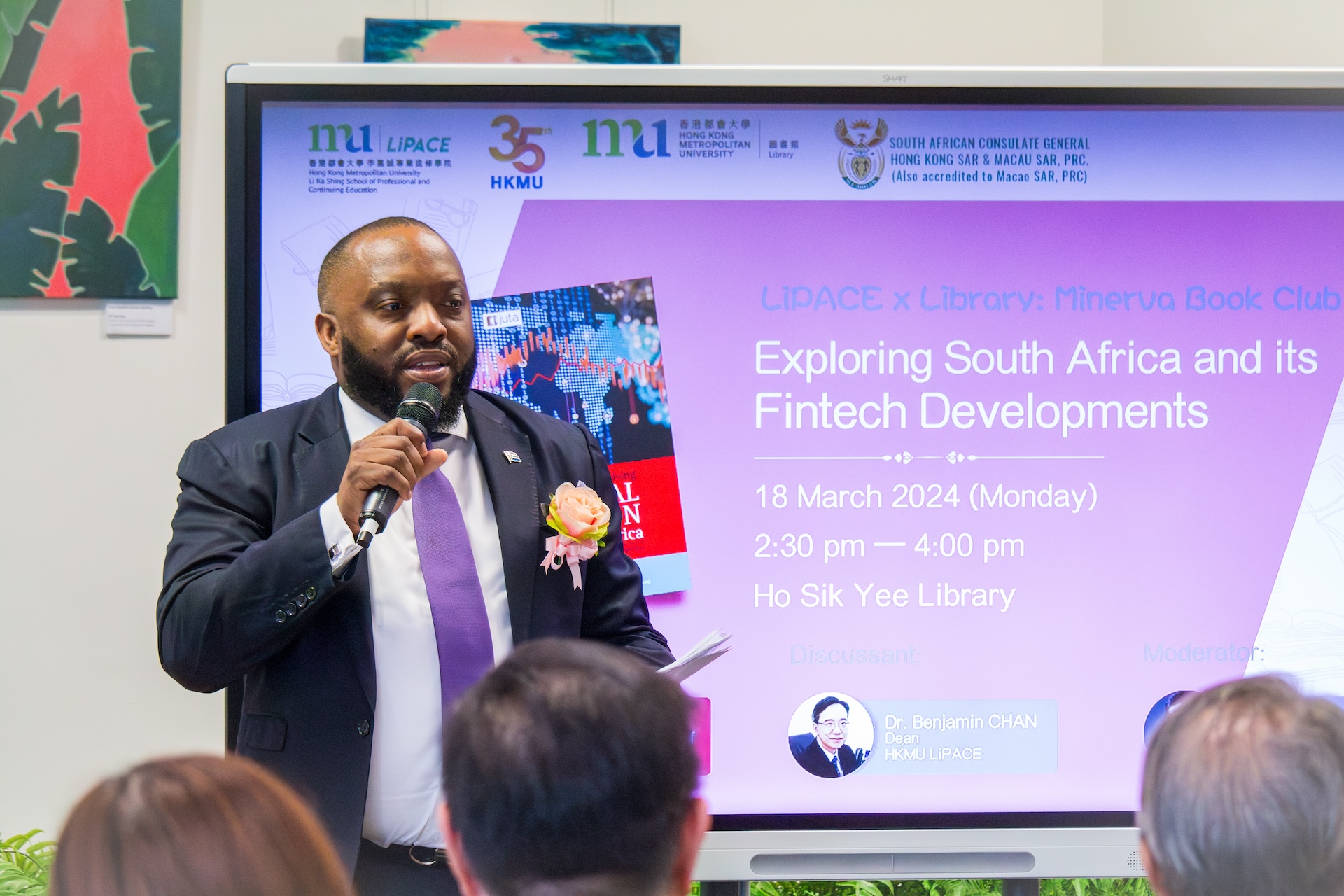After two decades of caring for and educating orphans across Africa, Amituofo Care Center (ACC) is poised to begin in earnest its true diffusion of Buddhism across its countries of activity. Its building a Buddhist practice center in Madagascar is categorically different to the orphanages that ACC has established in countries like Namibia, Mozambique, and beyond. It will herald a shift in priority and methodology that has been in place since ACC founder Ven. Hui Li first began his work for orphans in Malawi in 2004.
The objective will be making, over the next few generations, Buddhism an African religious tradition, familiar and native to the countries involved. A tradition where African people relate directly to Buddhist philosophy, and the Buddhist sangha (in particular bhikkhus and bhikkhunis) are authentically enculturated in African norms.
This accomplishment will be no less historical than other diffusions of Buddhism into once-foreign and unfamiliar cultures, such as from India to China or Asia to the West.
The expression of the theology behind the objective is important. While the tradition that emerged from the shadowy Buddha-era was a missionary faith, at least by the time we see the Ashokan Edicts in the 3rd century BCE, Buddhism’s unique and peaceful quality was the tendency to enter into dialogue with the worldview and spiritual traditions of the regions it entered. This is why there is such a thing as “Chinese Buddhism,” or “Indonesian Buddhism,” or “Korean Buddhism.”

The doctrine of skilful means (upaya) called upon Buddhists to be true to the spirit of not only gentleness and non-violence, but also the idea of 84,000 Dharma gates for countlessly diverse sentient beings. Africa’s cultures also summon Buddhists to reflect meaningfully on the meaning of skilful means. Last year, my documentary with ACC shared the stories of not only the children living at the orphanages, but also how ACC alumni of diverse ages have moved on their unique paths.
The Rhythm of Liberation project will be slightly different. It will consist of a documentary for BDG and YouTube shorts on our channel. This year, our team will focus on a more philosophical and inter-cultural emphasis as we speak to guests in Madagascar and other countries about their involvement with Buddhism, what they see valuable in the Dharma for their daily lives, and what a “localized” vision of practice might be.
I call Rhythm of Liberation a fundamentally philosophical documentary because, as I outlined in my interview with South Africa’s consul-general in Hong Kong, this pan-African expression of “ubuntu” (in Zulu, the term is “umuntu ngumuntu ngabantu”) has striking similarities with the Buddhist notion of radical interconnectedness.
“I am because you, and we, are.” Like Indra’s Net, we reflect each other’s vulnerabilities, hopes, and shortcomings. We are fellow suffering beings, bound together by samsara but also on the same boat toward the Other Shore of liberation. Rhythm of Liberation will highlight this generational milestone pioneered by ACC, revealing the challenges and progress of the Buddhist diffusion in Africa.
See more
Related blog posts from BDG
“Culture comes first” – The rich interface of Chinese and South African tradition and contemporary life
Love, Hope, and Community: Buddhism in Malawi
Documentary: Love, Hope, and Community: BUDDHISM IN MALAWI


